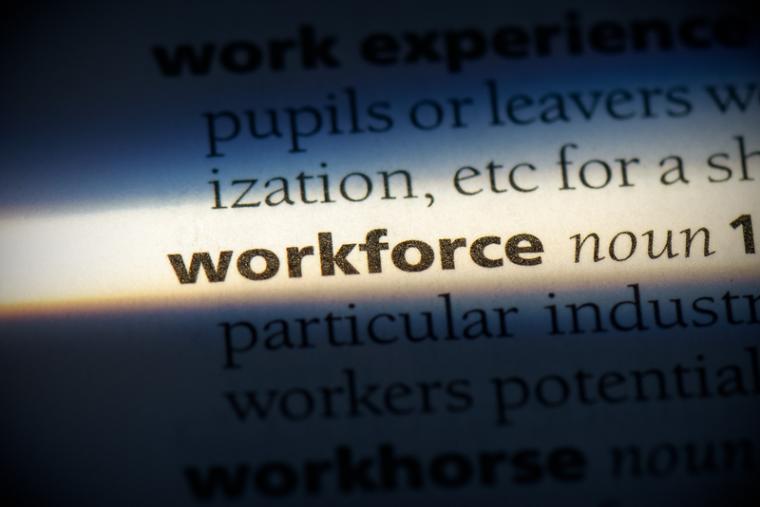
Arlington, VA., June 8, 2022 -
Study: Nearly Half of Remote and Hybrid Employees Say Team Performance Has Improved
In the wake of the pandemic, 45 percent of remote workers – both fully remote and hybrid workers – say their teams’ performance has improved during the past two years, according to new research from Eagle Hill Consulting.
Only 34 percent of in-person workers say their team’s performance has improved.
Nearly all workers say their manager trusts them to get their work done, and this is fairly consistent for remote (96 percent), hybrid (90 percent), and in-person employees (96 percent). But since the pandemic began, most employees report feeling more pressure to perform well (66 percent). That sentiment is substantially higher for hybrid workers (74 percent), followed by in-person employees (67 percent) and remote workers (56 percent).
On a positive note, 68 percent say they feel more supported by their supervisor, and 69 percent say they feel more recognized for a job well done, which is fairly consistent for remote (68 percent), hybrid (70 percent), and in-person employees (66 percent).
The sentiment comes as employees have endured an unstable and stressful two years coping with the global COVID-19 pandemic and as employee burnout is on the rise.
“Our research signals that innovative remote and hybrid approaches to work indeed are working,” says Melissa Jezior, president and chief executive officer of Eagle Hill Consulting. “Employees have been telling us for years that they want more flexibility and the ability to work remotely. The pandemic forced the issue for employers, and now a large share of remote and hybrid employees indicate that their performance has improved, more so than in-person workers.
“While employees have felt more pressure to perform well, workers are feeling supported and recognized. The challenge going forward for employers will be to sustain the positives that have emerged during the pandemic while finding new ways to manage employee performance as the future of work solidifies, be it working remotely or with a hybrid approach,” Jezior explained.
The research also finds:
During the past two years, 50 percent of remote workers say their personal performance is better, along with 49 percent of hybrid workers. In-person workers were lower, at 45 percent.
About half of employees say they feel pleased (46 percent) and motivated (45 percent) following regular discussions with their manager about their performance.
Most employees (81 percent) have a clear understanding of the next steps in their career path with their employer, consistent for remote (82 percent), hybrid (81 percent), and in-person workers (82 percent).
Most workers say they can advance in their jobs (75 percent), with remote (81 percent) and hybrid workers (80 percent) agreeing at slightly higher levels than in-person workers (70 percent).
When it comes to performance challenges for work teams, employees say the biggest obstacles are sharing information across the team (32 percent), setting clear goals and metrics (31 percent), innovation and idea generation (27 percent), and defining new ways to work together (28 percent). Hybrid employees (40 percent) say their biggest challenge is innovation and idea generation. Remote (30 percent) and in-person (32 percent) workers indicate their biggest challenge is sharing information.
To be successful in their jobs, employees say they need training and development (42 percent), clarity on expectations and goals (39 percent), and clear instruction from their team leads (32 percent). Hybrid employees (46 percent) say their biggest need is training and development. Remote workers (40 percent) indicate their most important need is clarity on expectations and goals.
In terms of skills managers need for teams to work better, employees say it’s providing clarity about team expectations (42 percent), having empathy and understanding around employees’ unique needs (34 percent), engaging the team regardless of where they are working (34 percent), helping workers understand their role in achieving organizational goals (30 percent), and using new tools and technologies to build relationships across the team (26 percent). Hybrid employees (51 percent) say the most important skill need for managers is clarity on team goals. Similarly, remote workers (36 percent) indicate their biggest managerial skill needed is clarity on team goals.

There are no comments
Please login to post comments